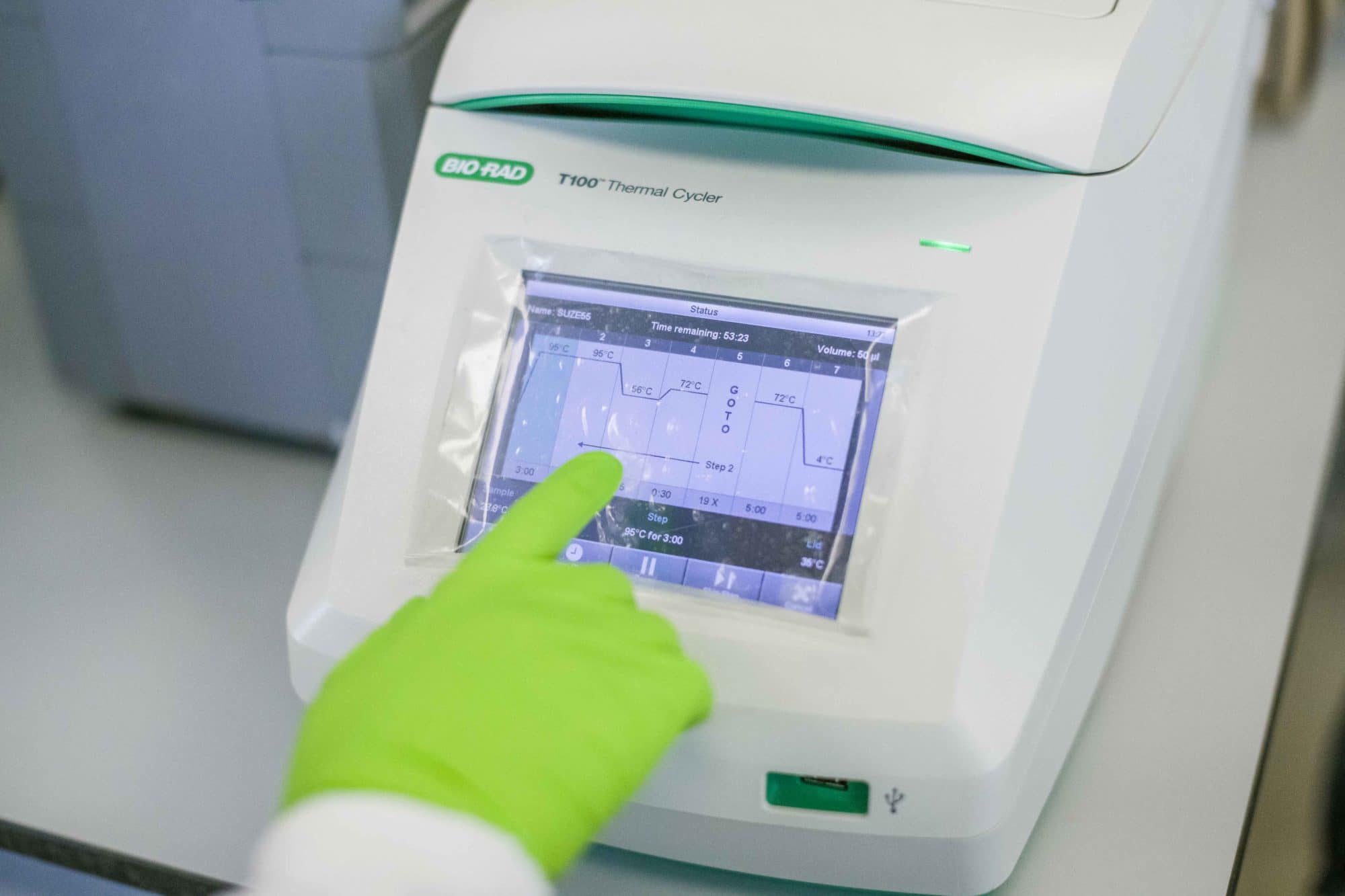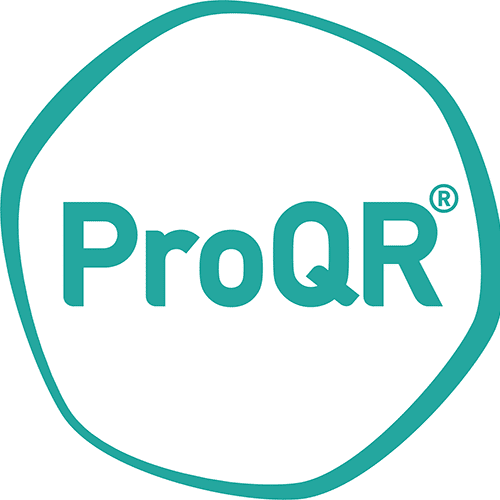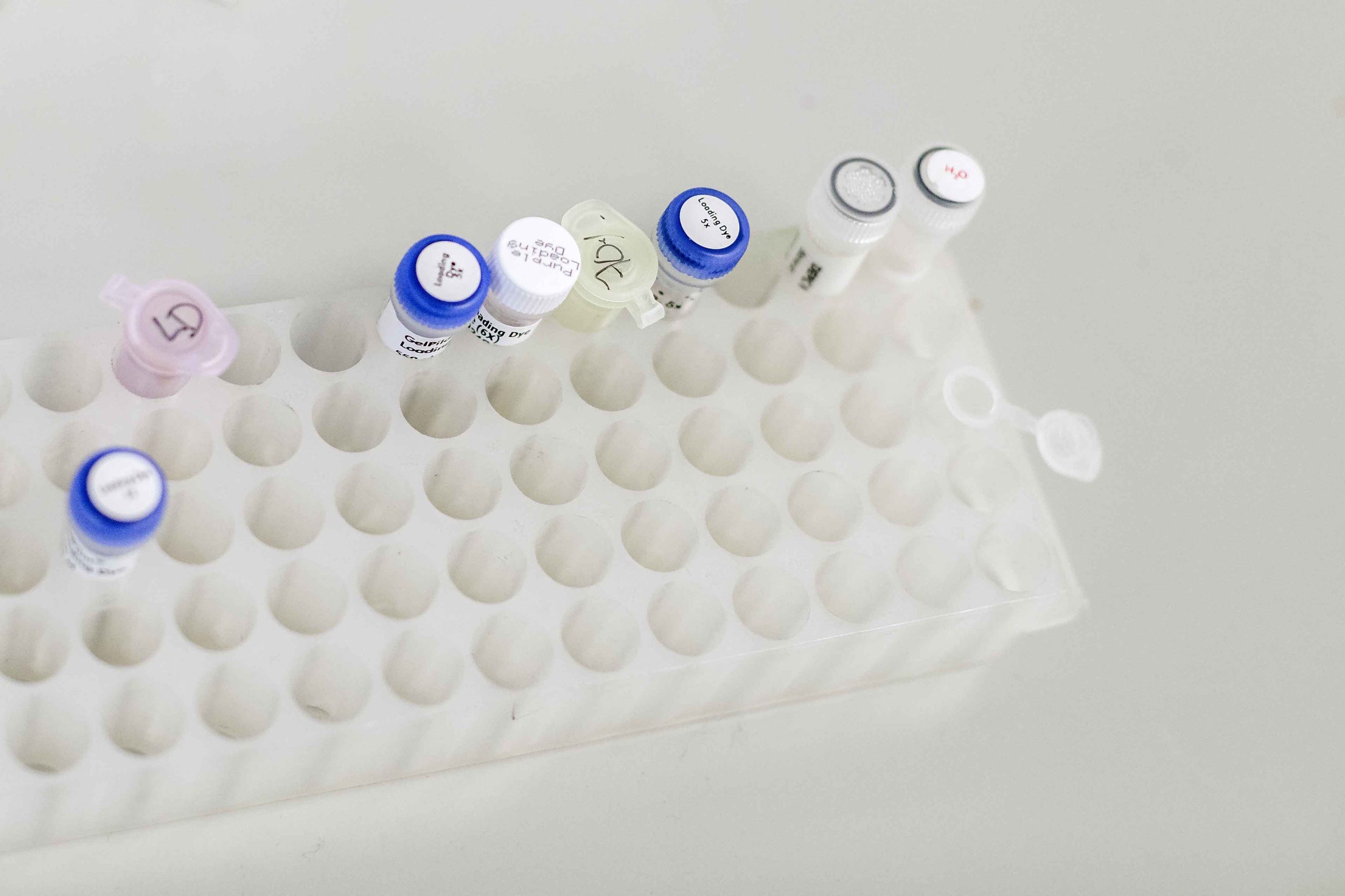Retina UK is delighted to announce that it has awarded three new research grants worth more than £870,000.
News
The latest news from Retina UK. Please use the filters to find the articles which interest you.

Therapy development updates
There are many ongoing clinical and laboratory studies around the world, exploring innovative approaches to treating inherited sight loss.
James Birtley is a Retina UK supporter and volunteer who is living with retinitis pigmentosa. He is also a scientist with a particular interest in the structure of proteins, the complex molecules that form the building blocks of our bodies.

ProQR announces agreement with Laboratoires Théa for inherited retinal disease programmes
Biotechnology company ProQR has announced that two of its RNA therapy development programmes for inherited sight loss are being acquired by Laboratoires Théa, a company specialising in eye care products.

Research round-up, spring 2023
Progress towards treatments for inherited retinal conditions continues to gather pace and there’s been lots going on in the last few months, with more and more approaches being explored. This round-up gives a flavour of the variety of developments, including plenty that are not specific to a particular genetic fault.
On a typical week in the stem cell lab there are many different experiments going on. Different people work on their individual projects, but we often collaborate to share ideas and help each other.
Despite the knock-on effects of the pandemic, there’s been a lot going on this year in the world of research! Here are snapshots of a few stories that have appeared in the Research News section of our website in 2022.
UK researchers have discovered that passing a weak electrical current between electrodes on a person’s scalp may lead to a reduction in frequency of the visual hallucinations experienced by some people living with sight loss.
A research project funded by Retina UK helped pave the way to a new gene therapy that has recently produced encouraging results in two young people with achromatopsia, a condition that causes complete colour-blindness and poor overall vision from birth.
